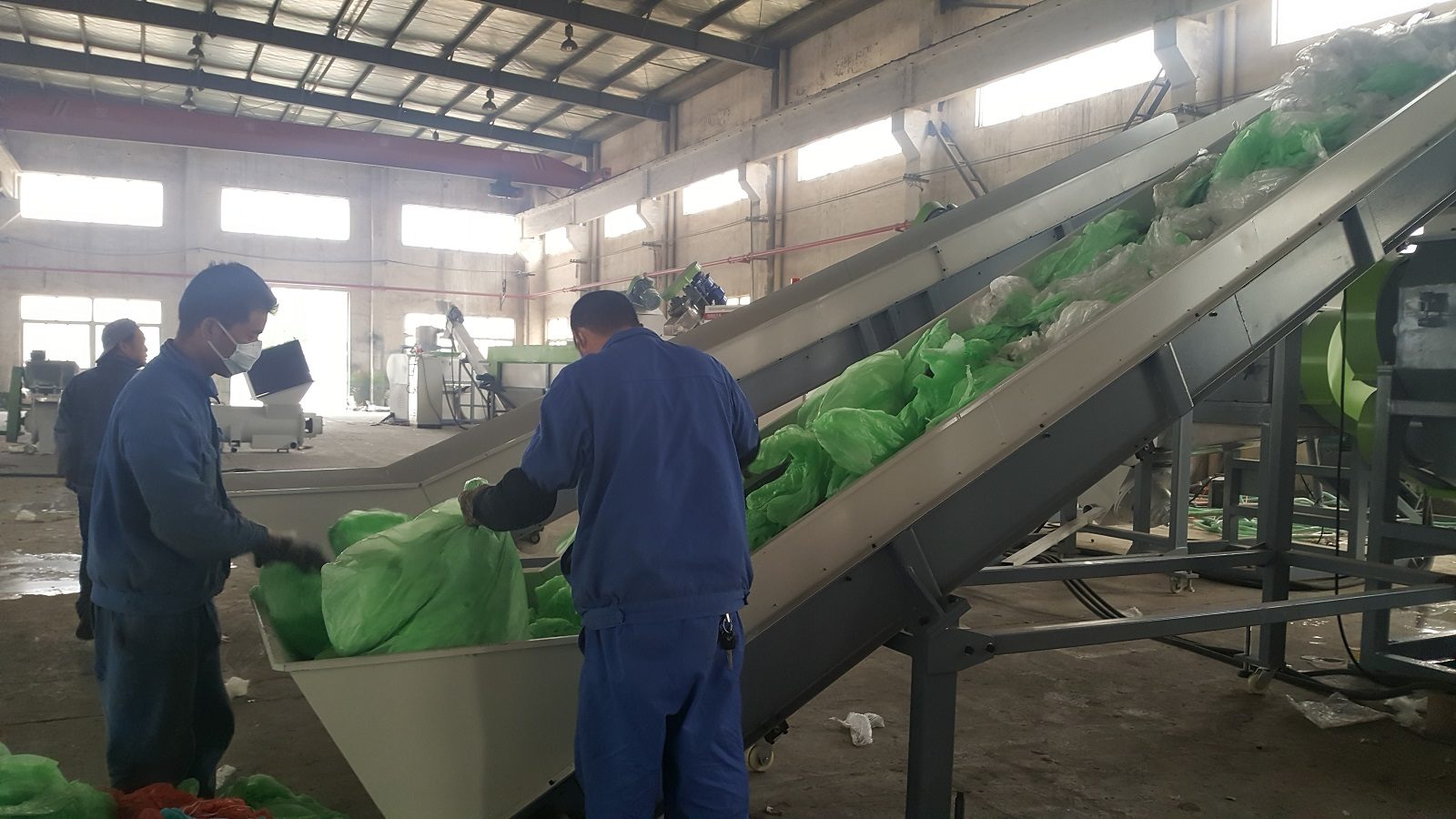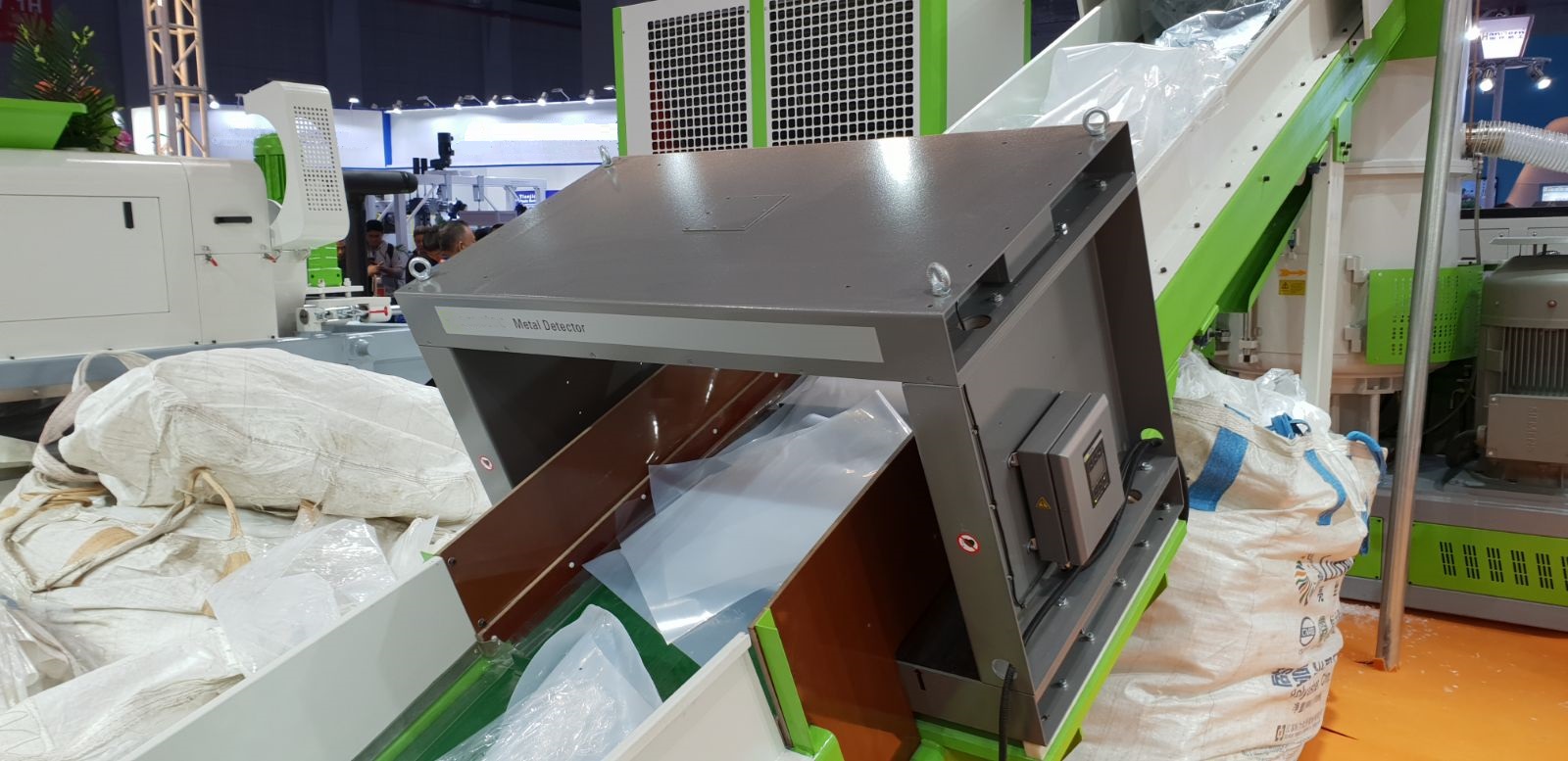The recycling of the plastics in Europe after the implementation of new Chinese law regulations
At the beginning of 2018 the ban on the import of 24 types of waste has been implemented. There are for main categories of the waste: plastics (incl. PET bottles), not segregated paper, slag&dust and textile waste). Also the quality control of all the other waste has been made more severe. According to the information provided by Greenpeace only in 2012 China accepted 56% of all the global plastics waste.
Soon, in 2013 a ten-month campaign called „Green Fence” was launched in China throughout this period China succeeded in avoiding of the transport of 58 thousand tons of hazardous substances including toxic substances coming from abroad and that is why the decision about the ban had been made.
On the other hand, those decisions based on the care about the environment does not change the situation that the Chinese industry has needed cheap raw material from more than twenty-five years, and it is the foreign waste that is a better raw material than the domestic one.
As a response to these changes the European Parliament announced the strategy (January) which assumes that by 2030 the utilization of the plastic packaging waste will have been maintained on the level of 55 %, and all types of packaging will have been suitable for recycling. At the same time a new ban on the storage of the selectively collected waste will be implemented.
So far Ireland has been the biggest plastic waste exporter to China maintaining the level of sending the waste at 95%, Great Britain locates just after this country, which – similarly to Ireland – does not have the possibility to process the waste on its territory.
At the end of 2017 double increase of the import of the waste was observed Malaysia, but also Indonesia, India, Thailand and Wietnam where in January the authorities stopped giving import permissions. Also the government of Malaysia was not passive in this situation and soon implemented the law regulation according to which the importers of the waste are forced to obtain environmental permissions.
Sending waste to the Asian countries does not solve the problem anyway since at present they are able to accept only one-third of what we have sent there so far.
New law regulations implemented in China force European Countries, which so far have exported their waste there, to develop the recycling systems in order to create less waste and to manage it within the country of its production by recycling it into ready-made raw material.
ARGUS MASZYNY 27-03-2018



